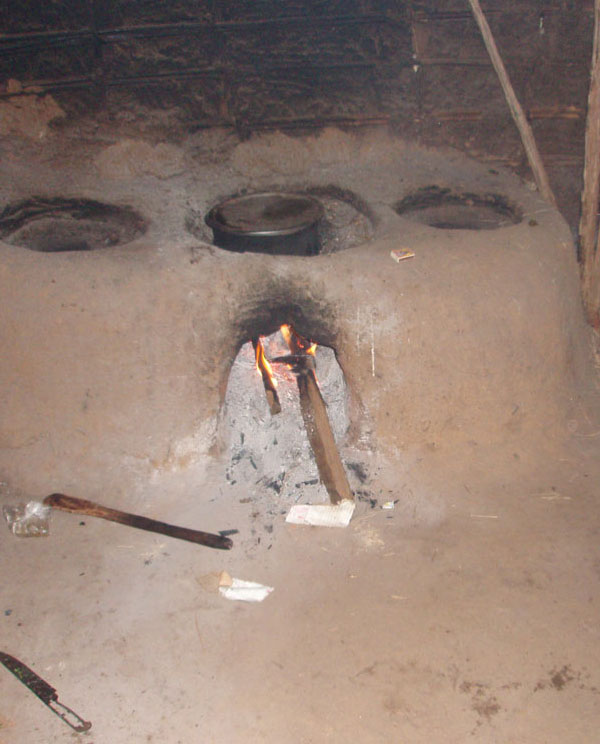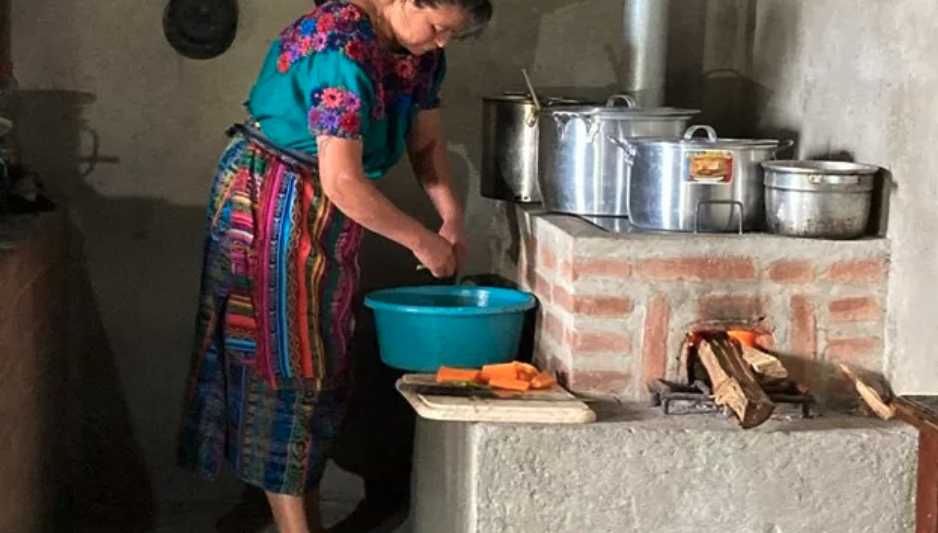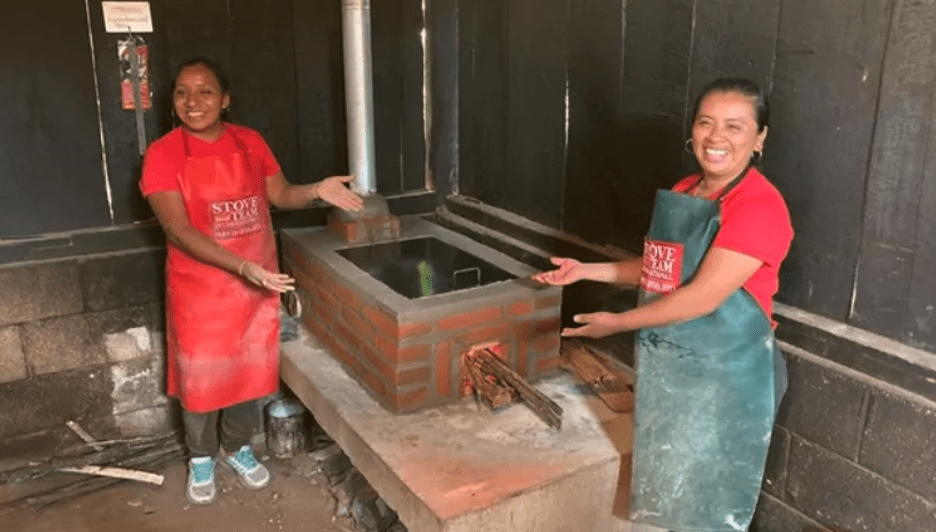TASKFORCE
Clean Cooking
To protect the environment. To improve health.
To support gender equality.
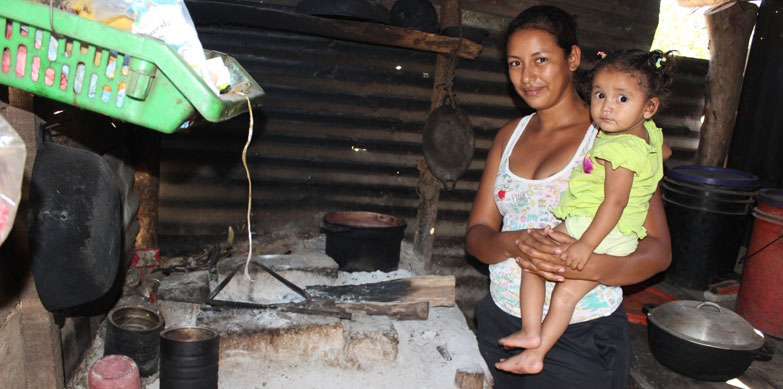
WHAT IS IT?
Rotary Ideas in Action
The ESRAG Clean Cooking Task Force’s goal is to spread awareness of the value of Clean Cooking to clubs around the world to educate Rotarians about a new way of cooking, provide a way forward for clubs to participate and encourage volunteers to connect.
Our mission is to create awareness of a need for, and to promote practical solutions towards urgent transition to Clean Cooking for a more equitable and healthy planet.
CLEAN COOKING
Featured Projects
Projects the task force supports.
Fuel saving eco stoves in Uganda
Justa Stoves in Nicaragua
Why Clean Cooking
Three billion people (as depicted in the photo below) cook on open fire stoves worldwide and the effects are responsible for approximately 4 million premature deaths annually.
Massive deforestation, as well as contribution of several tons of CO2 and black carbon to our planet’s fragile atmosphere, make it a huge contributor to climate change.
Women, often holding or caring for a child, spend several hours of their day collecting fire wood, maintaining the fire and cooking for their families, putting their health at risk and themselves at a disadvantage compared to their male counterparts for higher education, possible career choices and other household duties or income possibilities.

CLEANER COOKSTOVES
Project Objectives
OUR GOAL: To build Cleaner Stoves in developing countries
to replace the 3 billion open fire stoves.
Project Impact
The pollution from the 3 billion open fire stove is more than all the cars in the world and the risk to families results in millions of deaths and health related problems.
A cleaner cook stove can reduce the carbon foot print by more than 50% as a solution to global warming and provide health and other benefits to help solve the problem of social injustice and inequality in developing countries.
Objectives
- To promote and present Clean Cooking to Rotary Clubs as a solution to Climate change, detrimental Health effects and gender inequality.
- To encourage Rotary clubs in developed countries to partner with Rotary Clubs in developing countries to introduce clean cooking methods. This may be to help fund an existing project or provide funds to establish a new project.
- To encourage clubs in developing countries to raise awareness in their communities about clean cooking.
- To encourage Rotary Clubs in developing countries to reach out to clubs in developed countries for support.
- To advise on funding through our Rotary Grant system and other funding agencies.
Our Mission
Our mission is to create awareness of a need for, and to promote practical solutions towards urgent transition to Clean Cooking for a more equitable and healthy planet.
We are a committee of Rotarians and knowledgeable people in ESRAG that are proposing to build Cleaner Stoves in Developing Countries to replace these open fire stoves.
The environmental and health benefits are impactful. We have personal experience doing so in the countries where we work Internationally, knowledge of what might work where and are willing to share our expertise and encourage other clubs to engage in these solutions.
A cleaner cook stove can reduce the carbon foot print by more than 50% as a solution to global warming and provide improved health and other benefits to help solve the problem of social injustice and inequality in developing countries.
We will present to any group and provide guidance for groups wishing to start their own project or join a project. Most Rotary Clubs have an international focus and connections ideal for starting or contributing to such a project and supporting the initiative in a developing country.
Resources
Justa Stoves
by Mike Hatfield
Solar Cooking
Solar Cookers International is a great resource for information on the importance of solar cookers as an option for cleaning cooking. Click the link to their website to see all the great things they are doing!
https://www.solarcookers.org/
Learn more about solar cookers by perusing the Solar Cooking Wiki, an exhaustive compendium of solar cooker makers, designs, and DIY plans: solarcooking.org
Sun buckets is one solar cooking system that shows tremendous promise. In its video series with interviews of solar cooker designers, manufacturers and super-users, the Big Blue Sun Museum of Solar Cooking visited Sun Buckets’ shop in June 2021.
Mud Stoves
An inexpensive solution, mud stoves are perfect for areas with no electricity, no water and no transportation. They can be used in all-seasons and are a simple self-help solution for many local cultures in Africa.
Their cost is minimal because they are made from local ingredients including:
- grass cuttings
- sweet potato leaves
- loam soil
- clay or termite soil
- sandy soil
- wood ash
- saw dust
- water
- 2 banana stems
- cow dung
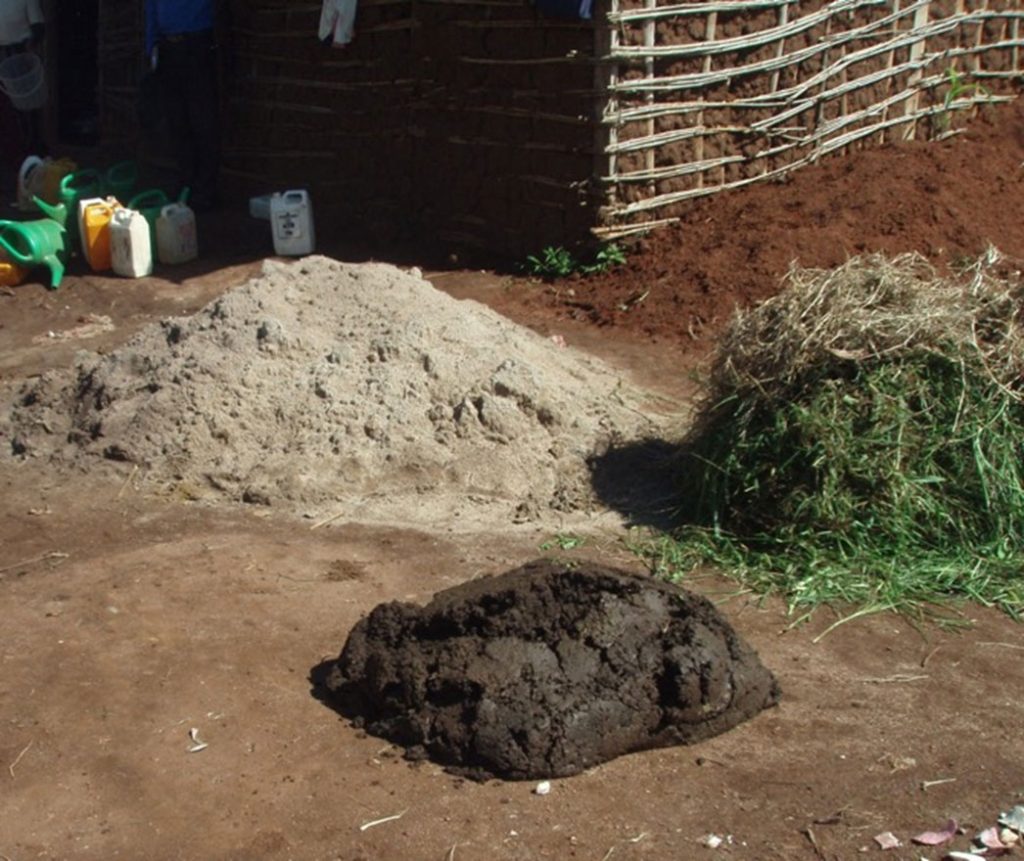
This type of stove provides many advantages.
- saves 2/3 firewood;
- cooks several pans simultaneously;
- burns more efficiently;
- greatly reduces smoke and risk of burns;
- reduces firewood collecting from 6 to 2 times a week;
- frees up 25 hours per week or 60 days per year;
- made from free local materials;
- easy to repair with additional clay;
- saves trees, improves health, combats climate change;
- huge benefit for the women and they love them!

CLEAN COOKING
Featured Videos and
Webinar Recordings
Want to take action with Clean Cooking?
-
Assess the need and desire for clean cooking using the multi-tier framework.
-
Assess availability of resources (eg. financial, physical, government, grants, carbon credits).
-
Assess cultural preferences.
-
Conduct community studies.
-
Consider a pilot project.
Contact the ESRAG Clean Cooking Task Force for advice and experience from our work in Uganda and Central America.
